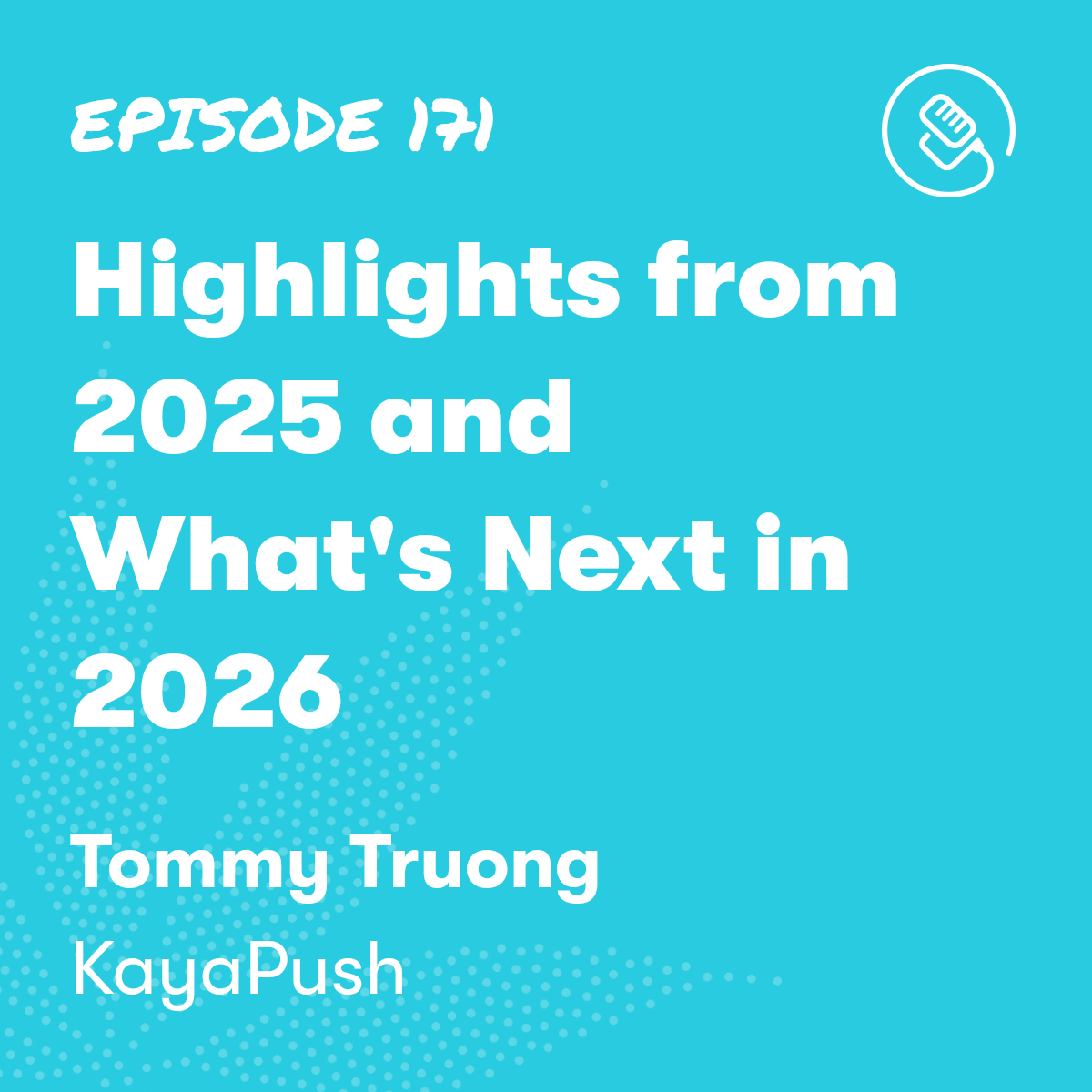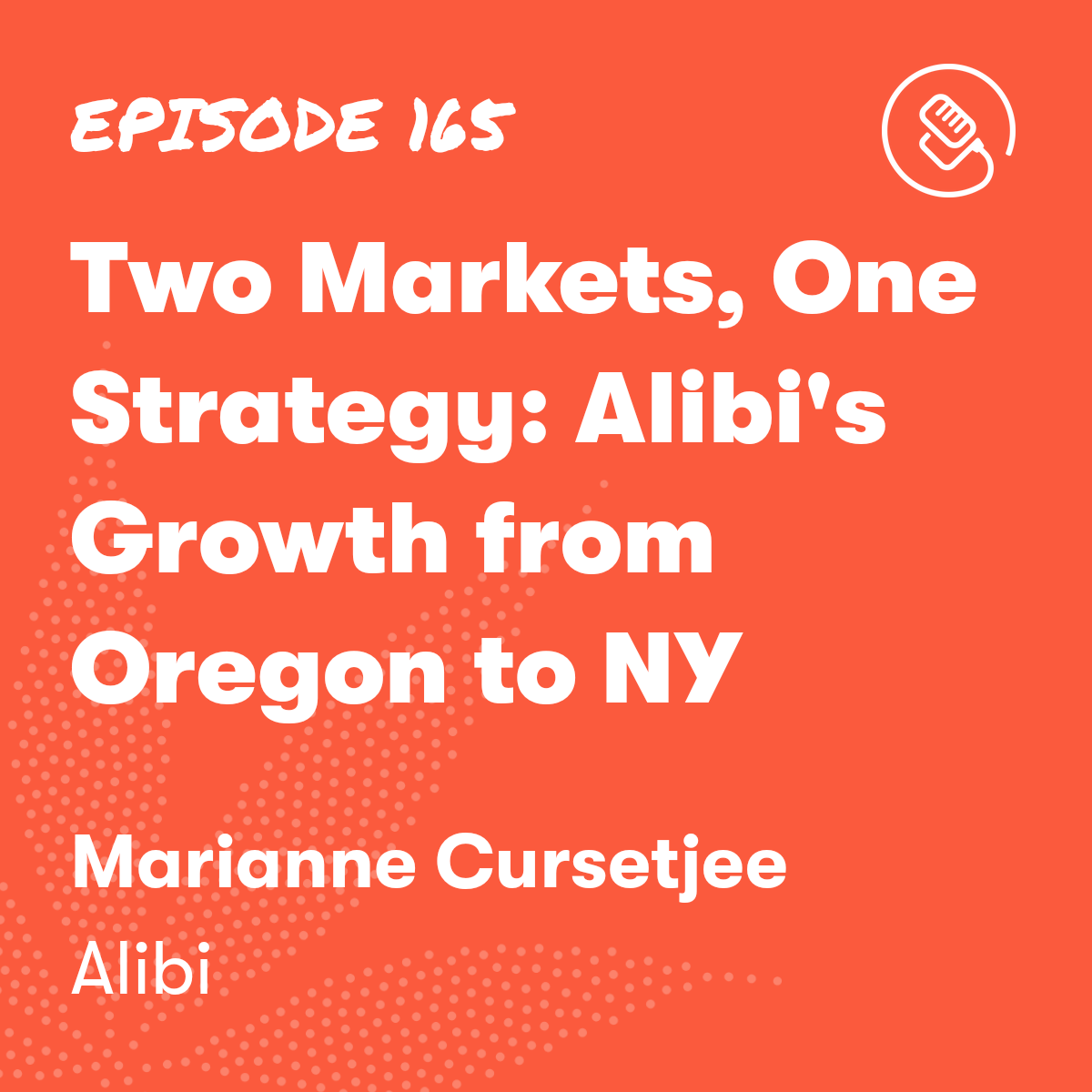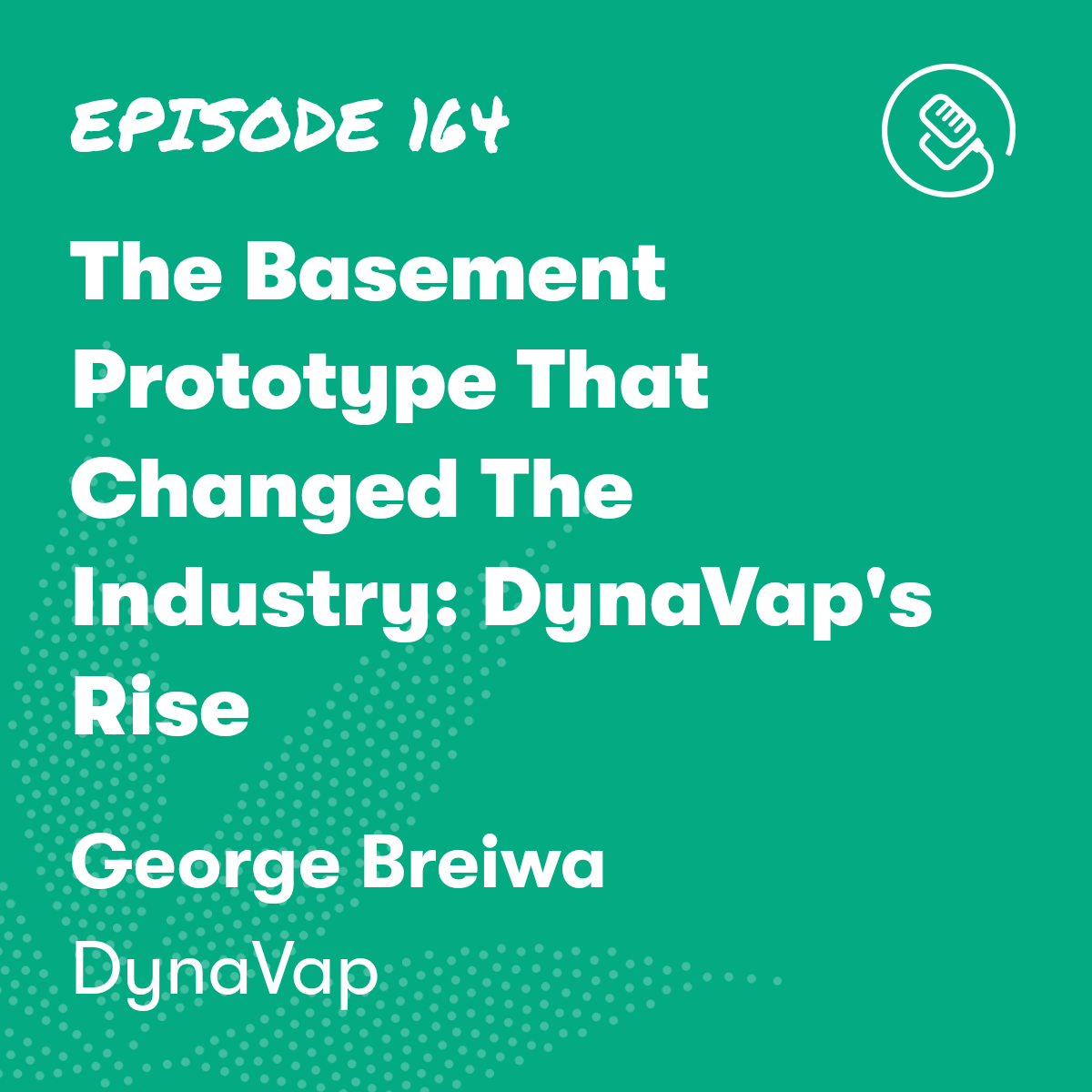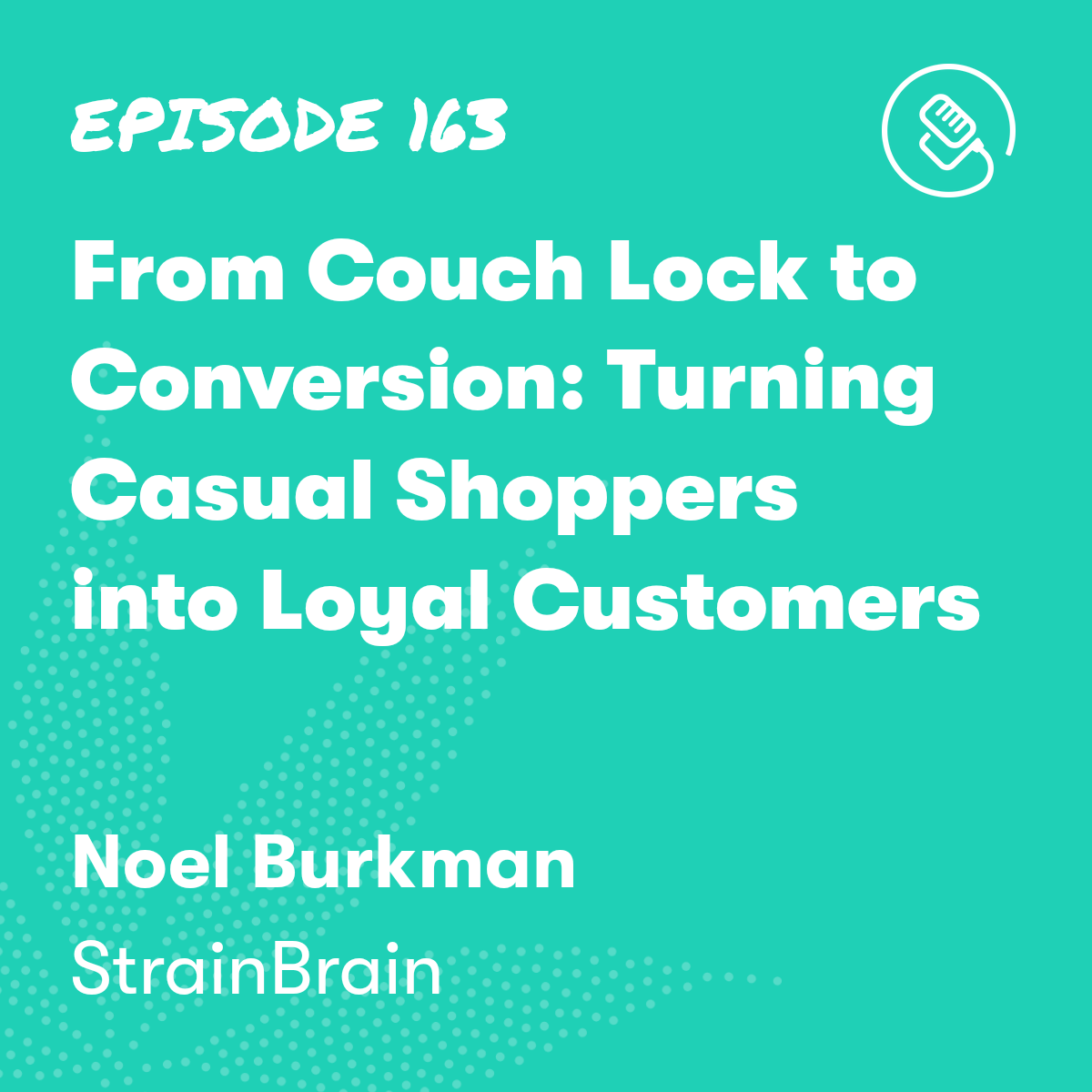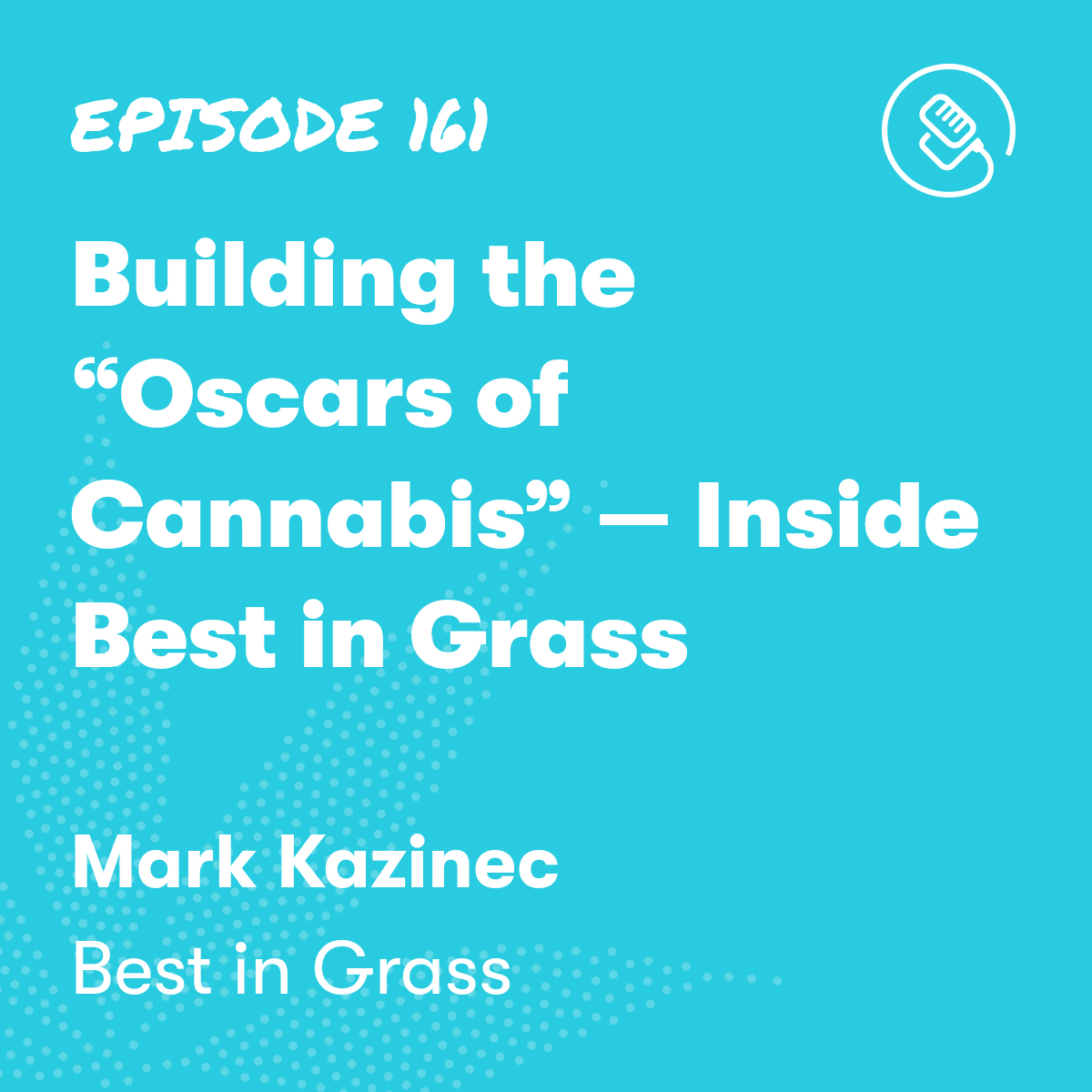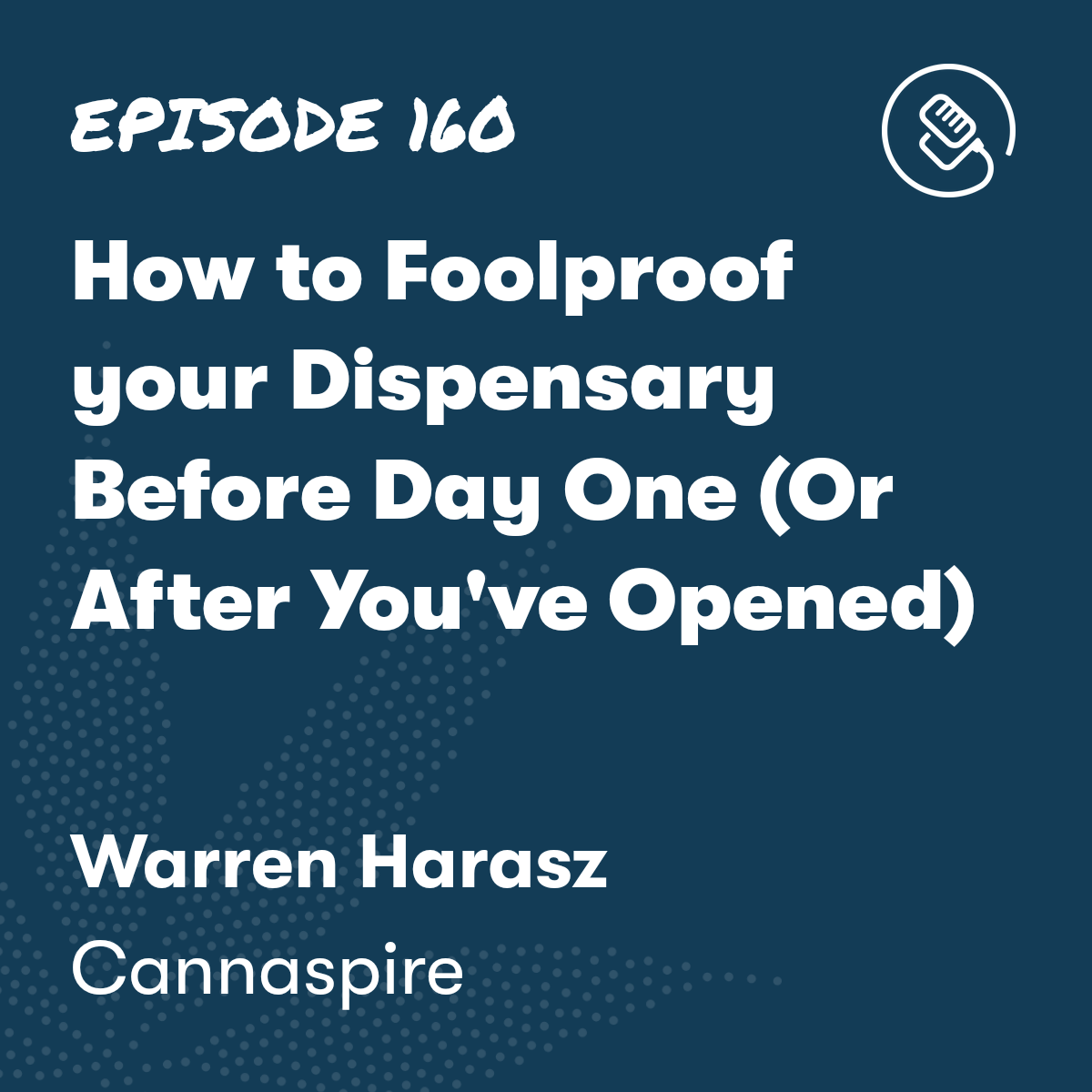

Reclassification and The Future of Cannabis in the USA
Episode Description

Episode Transcript
Tommy: Hey, everyone. Aaron, the CEO and founder of the national cannabis industry association, the largest cannabis association in the U S as well as really our voice on Capitol hill joins us today to talk about reclassification, what this means federally, what this doesn't mean federally and answer some of the common questions surrounding the reclassification of cannabis from schedule one to schedule three as well as what to expect in the near future.
Intro: Welcome to the KayaCast, the podcast for cannabis businesses looking to launch, grow, and scale their operations. Each week, we bring you interviews with industry experts and successful retailers, plus practical tips and strategies to help you succeed in the fast growing cannabis industry.
Tommy: Congratulations, by the way, a lot of work, um, with you and your team done and to get us to where we are today.
Aaron: Well, it's a, it's a, it's a big team effort and we appreciate the support of, of members like you that make it possible.
Tommy: What's left, what's next and how many more things need to happen before this becomes a reality.
Aaron: Well, it's under, Review of the Office of, White House Office of Management and Budget. Uh, which has plenty of time to look at the, the recommendation. We think that the recommended rule change, we think they're probably going to move pretty quickly to get this, this done because there's political, interest in it. The Biden minister, the Biden campaign wants to get something, uh, across the finish line on cannabis. I think very soon we will see, they will make this an official announcement while it will go as a rule change into what's called the federal register. At that point, there's a, I think a 90 day window.
It'll be a 60 or 90 day window for public comment period. We will be submitting public comments on behalf of our members, in support of the move to reschedule, but also. We've got some other asks that need to, that need to happen. So, um, and then after that, the, then the, rule change becomes official.
And so we think that'll, you know, so we can see this in the next three months.
Tommy: Oh, amazing. With this reclassification to Schedule 3, a slew of questions have come up, just so much, right? Uh, so it's great to have you on to clarify some of the questions that our listeners have. The first one is, is does rescheduling mean that companies are now legal to post about cannabis on social media platforms?
Aaron: well, it's, that's going to be up to each individual platform, so I think, you know, the, the, probably isn't going to be a change, I, I would say, um, because cannabis is still going to be illegal if, you know, these businesses that are in our industry are, are going to be selling a Schedule 3 drug that's not approved by the FDA, uh, and although we're seeing a loosening from the, the social media platforms anyway over time, so, um, So, you know, maybe this, because this is kind of real, it's, it's not as illegal, I guess you could say. Um, I think that, and probably there's, there's a lot of confusion around what rescheduling is doing anyway, including probably the tech companies. So you know, I think we'll continue to see a loosening there, but it's not, not because just this one, this one policy change and it doesn't officially change the law in that regard.
Tommy: Yeah, I hope so because schedule three is, uh, steroids. We can talk about steroids all day in a podcast
Aaron: Right.
Tommy: and be fine. Um,
Aaron: yeah,
Tommy: will companies be able to ship cannabis across state lines?
Aaron: That would be a definite no. So, you know, because unless, unless these are products that are approved by the FDA through the FDA's drug approval process, which, you know, we don't anticipate the industry as we know it really utilizing that process. So, the answer to that is no. We really need to get cannabis removed from the List of Controlled Substances Act altogether. And then we need new federal regulations that would allow for interstate commerce and allow for, uh, federally legal, um, production and sale of whole plant cannabis products. So it's the FDA and, you know, there will be, there will be, uh, pharmaceuticals that are going to be created now in Schedule 3 status. Those are usually isolated molecules. The FDA doesn't usually say, Oh, we're going to approve, you know, a whole plant product that has so much variability. They will approve isolated THC or isolated CBD, isolated cannabinoids, but that's not what our consumers really are looking for. Our consumers in the cannabis industry as we know it, are looking for whole plant products. And so, there's a different, different things and uh, and, and, and, It's good that these, that the pharmaceutical products will be, you know, under development, that's a good thing, but that doesn't mean that we don't, we're not going to still have the industry as we know it thriving at the state level.
Tommy: You mentioned pharmaceuticals, how did this, this open the door for pharmaceutical companies to get into the industry?
Aaron: Well, it creates a situation where research is much easier. It's very difficult to even research the benefits from a Schedule 1 drug. And so that's why, you know, so much of the research that does exist on cannabis is from outside the country. Great. Um, that's going to change. That's, it's becoming much easier to research. Um, and then, you know, it just as a schedule, you know, marijuana now, any marijuana product will be, or including THC will now be in the schedule three category, which makes it so it's available to, uh, produce as a medicine, sell through pharmacy, you know, through a pharmacy, uh, once it goes through the FDA process.
So again, you're not going to see pre rolls. Going, you know, or, you know, a bag of flour, you know, behind the counter at the pharmacy. That's not going to happen, but there could be, and there will be more, uh, you know, seeing isolated, isolated products that'll be available for, you know, a number of conditions, which is a really good thing.
Tommy: Yeah, that's really great. Cause I know that cannabis helps treat epilepsy. So what you're saying is we'll figure out what compound that is. that's helping with epilepsy and will create a medicine around it.
Aaron: Yeah. I mean, I think we'll see that and then, but we'll also continue to see, and I support, you know, strongly the, the, the need to have whole plant products. Um, sold through the, you know, the state systems that exist. And I don't see those systems going away anytime soon. And certainly because we have now, you know, almost half the states have adult use, which, you know, Schedule 3, that only applies to a medicine, a very strong, you know, strictly controlled medicine.
We, you know, now the conversation at the state level is about adult use anyway. Which means something more akin to alcohol.
Tommy: Yeah. Will companies be able to sell directly on their websites?
Aaron: No, again, that, you know, that's not going to change. You know, I think, um, you know, that's, that's not, that's not going to change. Federal status around the sale of this is changing only in the schedule. So the criminal penalties may be less, for example, but it's still an illegal, illegal transaction. Now, I mean, states can, you know, if it's a in state, you know, we already have, you could, you could go on and order a delivery on a website in state, of course, and that's That'll continue to be legal at the state level, but it's not a federally legal activity.
Tommy: I think I know the answer to this, but I have to ask, does this mean that medical marijuana will be legalized federally? Which I think you've answered that earlier.
Aaron: Um, medical marijuana, well, no. Yeah, I did answer that. So, not as we know it, but there will be, you know, I think more opportunities for pharmaceutical products out there, but that's not, you know, that's not who we represent at NCIA. But I do think that this is going to create momentum toward broader progress down the road.
The de scheduling of cannabis that we need to allow for, you know, these products to be treated in a manner more similar to alcohol. I think that's, uh, You know, this, this is providing that momentum toward that.
Tommy: I know that, um, and I remember It was less than a year ago, or maybe a year ago, that Biden pardoned people that went to a federal prison, uh, through cannabis. Does this move impact anything regarding, uh, inmates that are currently in prison?
Aaron: No, you know, it doesn't. That has to be done separately and you know, and he's been pardoning and not, and offering clemency to, to, you know, several, but there's still, you know, this, criminal penalties don't go away. It doesn't affect anything in regards to folks that are, you know, already behind bars for cannabis. So, um, again, another reason we need much broader reform.
Tommy: And, what does this mean in terms of, uh, declassifying cannabis? Are we closer to the end goal?
Aaron: Yeah, I mean, I think this gets us closer. The big, I mean, the big positive here is the tax burden of 280E has been, is being lifted from the industry, which will allow further investment into the industry. Businesses will be able to expand, uh, and invest in their, in, in their growth and their communities. Uh, and, and so that's one big positive because I know I've sat here and said no, no, no this isn't going to make any of these, these other great changes that we need. Um, but we, it also I think is, you know, one, it's showing it's, it's the first time the federal government is acknowledging the medical value of cannabis.
And so maybe they're saying, oh, this product and this, this plant isn't so dangerous, isn't so scary. Um, and I think it will change more minds. In Congress and in the halls of power where, you know, where minds need to be changed to get us to the point to where we can, you know, get, get cannabis out of the Controlled Substances Act and have it treated more similarly to alcohol.
Tommy: Yeah, and I can't understate how much of a victory this is for the industry where companies are overnight in the red and something like a lot of our companies are now in the black overnight, which is just amazing to see.
Aaron: Yeah. It's a lifeline for, I mean, this industry is going through some tough times. So, You know, I mean, there's businesses that are, you know, probably would not be in business next year that are, that are getting a lifeline because of this, this tax break.
Tommy: So does this also impact the banking legislation that's on the floor?
Aaron: The Safer Banking Act still needs to pass Congress with or without rescheduling because this again, doesn't, you know, rescheduling does not change the, the legal status in the sense that, you know, the, the state based cannabis industry would still be violating federal law. So we do need to pass the Safer Banking Act. I do think that this is providing more. momentum to do so, just because, you know, when one good thing happens, it kind of begets the next thing. So, um, you know, Congress is pretty dysfunctional these days, but I, I'm, I'm holding out some hope that we're going to get that done this year.
Tommy: Is that the next major piece of good news that we can expect?
Aaron: That's what I would think. So yeah, you know, I mean, I can't promise, uh, but I, I think that, you know, this is probably going to be the next, it's the next lowest hanging fruit. Um, you know, the challenge is that it requires Congress to act, which is a, just a difficult. a difficult proposition these days on any issue, you know, so either right now they're, they're, you know, they're just kind of trying, barely keeping the government open over there. Um, so that's, that's our big challenge is, as opposed to the rescheduling is, is done through an administrative act and didn't require, you know, didn't require an act of Congress. Literally, um, but, but I do think that that is the, the, probably the next thing that we'll see. And let's hope that it happens this year.
And, you know, with your help, we can, we might be able to get there.
Tommy: Yeah. And I, I want to ask you, how can our listeners help? Because you guys have done a tremendous job at, in helping getting this passed. So how can our listeners help?
Aaron: Yeah. Well, NCIA only exists because of our members, you know, member businesses that have a stake in seeing policy reforms that make that, you know, make the conditions for the industry better, uh, need to be involved in making those policy reforms a reality. The way to get involved is to Visit our website, thecannabisindustry.
org and sign up as a member. We have, uh, very affordable memberships that are a thousand dollars a year. And, you know, just think if, you know, hundreds of businesses are chipping in just a thousand dollars a year, we can have a, very robust, uh, representation for independent cannabis businesses in Washington, DC, right alongside other, other lobbyists, that are out there advancing their agendas.
Tommy: I know that you're busy right now with Lobby Day coming up. Can you give us a glimpse of what's, what's happening, with NCIA?
Aaron: Yeah, we've got, uh, roughly a hundred members coming into Washington, D. C. next week. Uh, we will be, they, they will be, uh, advocating on Capitol Hill for issues like safe banking, um, and other, and, and descheduling cannabis, meeting with members of Congress, meeting with their staff, and, uh, just generally, um, putting a, putting a, a good, you know, professional face on the industry.
Thank you. Uh, in, in DC. So it's a, it's a great event we've been doing. Uh, it's the 12th year we've done it and it gets better every time. Well,
Tommy: any, actually, no, I have, I have another question. What is the likelihood that reclassification will get blocked by Congress or the House?
Aaron: very low. I just don't see that happening, even if there's legislation It kind of directs the administration not to do it, it's, that when it passed on the Senate side, they'd have to get 60 votes on, on the Senate, and We don't have 60 votes to legalize cannabis on the Senate, but they don't have 60 votes to stop rescheduling either.
So I don't see that happening.
Tommy: Is there anything that we didn't go through that you want to add just more clarity to everyone listening?
Aaron: Well, now I just want to say and welcome, you know, any of the listeners to get involved with our organization, learn more about how to move the dial on cannabis policy. And just feel free to reach out to us. Again, our website is thecannabisindustry. org.
Tommy: Aaron, thank you so much for all the work that you and your team do. It's, I say it again, you were on, I remember that episode, you were on the pod, we're talking about reclassification, and in the back of my head I'm like, I hope, you know, I pray, and next thing you know it, you know, we get this news.
Aaron: Yeah, yeah, well, here we are and, still got a lot more to do, but it's great to have kind of the wins that are back, uh, for once. So thank you very much.
Tommy: So thanks for being on, and we have to have you on, in the near future with more updates.
Aaron: Yeah, happy to.
Tommy: Please support the NCIA, Aaron and his team in any way you can. They're really our voice on Capitol hill. As we marched towards the declassification of cannabis until next time, take care.
Outro: Thanks for listening to the KayaCast podcast. We hope you enjoyed the show. Don't forget to subscribe to our podcast in your favorite podcast app, or visit our website to learn more about our guests and to access the full archive of episodes from the show. Join us next time as we continue to explore the world of cannabis and help you grow, launch, and scale your business.
